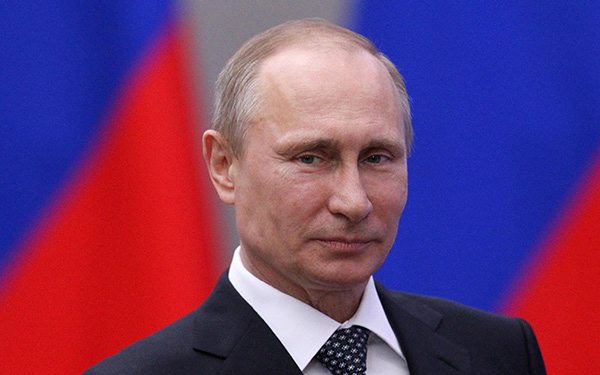Despite years of being a strategic ally for the US in Southeast Asia, Thailand appears to now be pursuing a closer relationship with Russia, the ideological counterpoint to the US.
Although the recent US-Asean Summit confirmed that the US still sees the Kingdom as an important player in the region, relations have cooled to some extent between the two nations since the 2014 Thai coup d’etat, which saw the military junta take power. The government has promised an eventual return to democracy with general elections apparently scheduled for 2017, which the US has said it is in favour of.
But in the meantime, Russia is on the menu.
Reuters reports that two Thai deputy PMs will travel to Russia this week to meet with Nikolai Patrushev, the head of the security council, to talk trade and security issues, and perhaps even arms deals, as the two nations seek to cooperate over counter-terrorism strategy.
“We are in the initial phase of that cooperation,” commented Kirill Barsky, Russian ambassador to Thailand. “But I think we have very good prospects, because I registered strong mutual interest in cooperation in such fields of security as counterterrorism, counternarcotic drugs, fighting transnational crime, cybercrime and cybersecurity.
“This is not the right place to describe what we do with Thailand in terms of military and technical cooperation. This is a sensitive issue,” he continued.
“But, believe me, that this business is going on, and we are supplying Thailand with the items that they are interested in, and we are eager to expand the scope of our cooperation.”
The Russian embassy publicised at the end of 2015 that they had delivered 6 multifunctional MI-17 V-5 helicopters to the Royal Thai Army, and it is thought that the purchase of Russian tanks may also be on the horizon.
Matthew Sussex, a Russia expert at Australian National University, said that a Thai-Russian tank deal “would certainly make Washington sit up and take notice”.
Although it’s clear that Russia is looking to enjoy a broader influence in Asia and that Thailand is an important strategic ally in that mission, Thai officials have made clear that they are not pursuing any one international relationship over the other.
“It’s not that we’ve decided to be on good terms with China and Russia and not with the U.S. We’re equally good to all of them,” said Thailand’s deputy prime minister and defence minister, Prawit Wongsuwan, in an interview.
But some observers are concerned what the strengthening relations with authoritarian states like Russia and China could mean for the Thai kingdom.
In an interview with the Washington Times, Jacob Hogan, a fellow at the Institute of Security and International Studies in the Political Science faculty at Chulalongkorn University, said that in 2014, “Thailand’s military government sought out more supportive partners as Bangkok’s post-coup d’etat relations with the United States, European Union and other democratic states in the region, such as Japan and Korea, cooled.
“But with the Russians and Chinese very happy to overlook Thailand’s domestic situation, in return for lucrative arms and energy sales and business opportunities, many in Thailand are nervous about the impact that these deepening relations with authoritarian states will have on Thailand’s long-term democratic consolidation,” he concluded.
Featured image is by MARIAJONER and used under a Creative Commons licence


